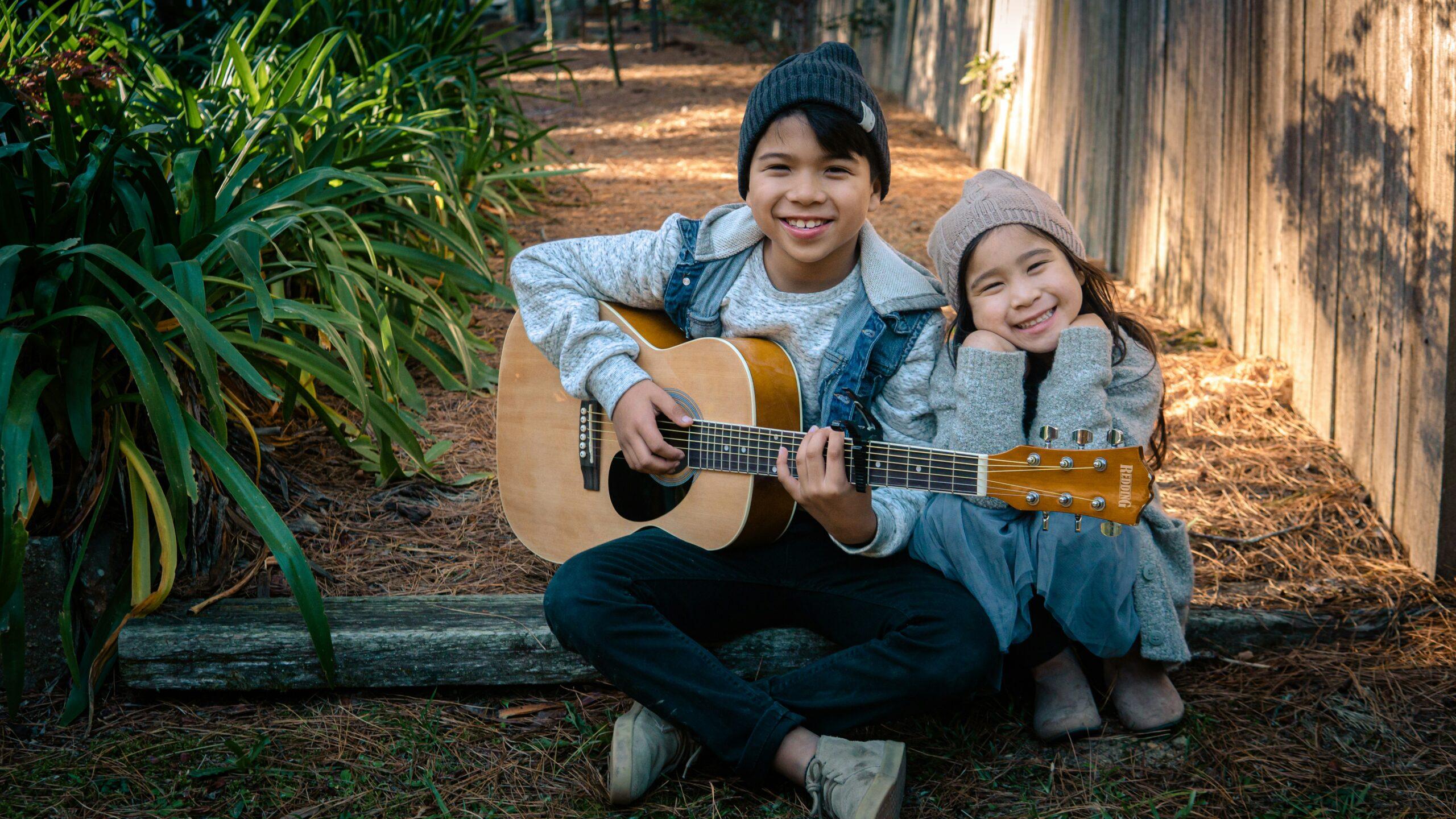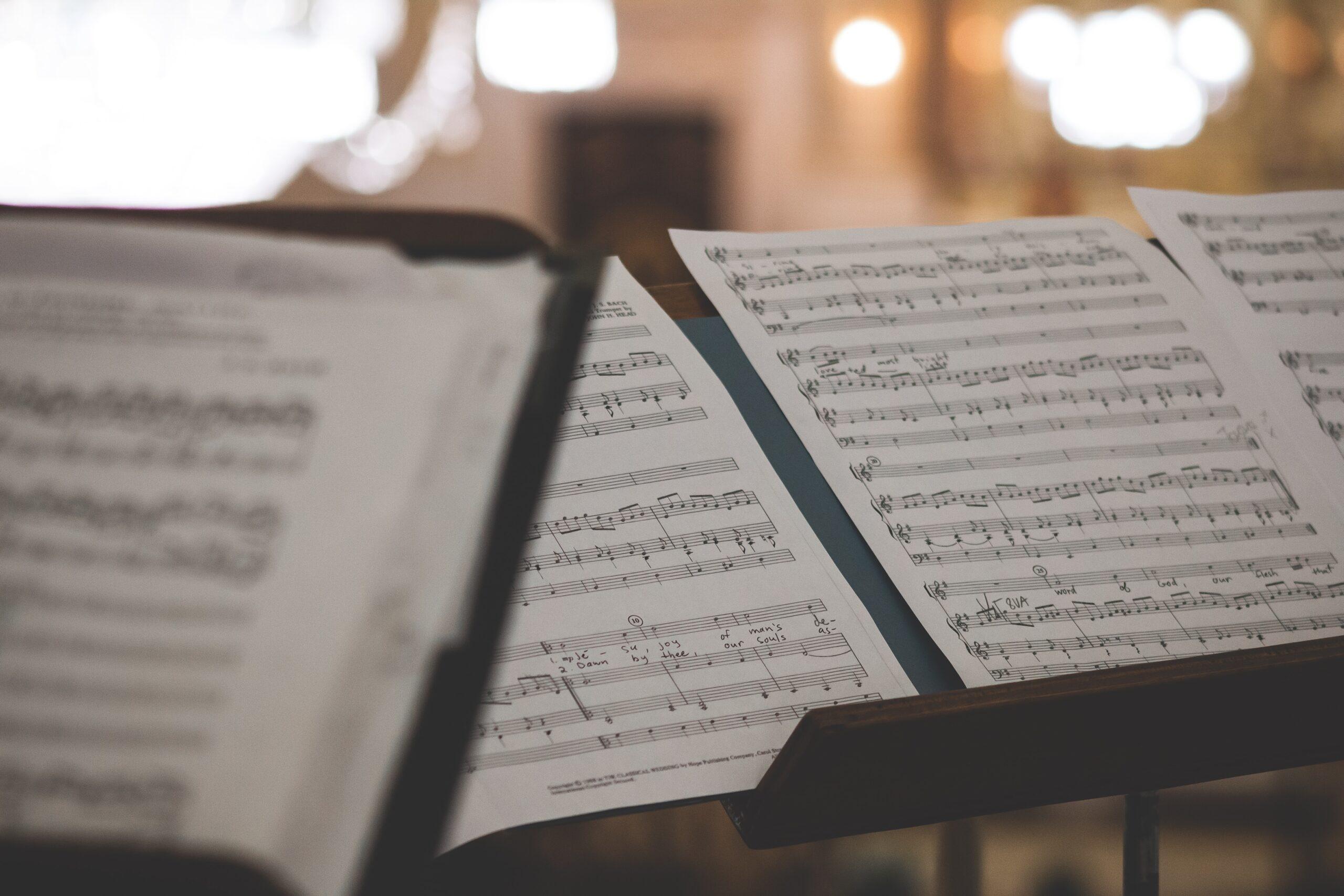If you want your child to succeed academically, try music lessons. Scientific studies show that music education, particularly piano lessons, positively impacts math skills like pattern recognition and fractions and science skills like pitch, timbre and acoustics. Music lessons also ignite language development, physical education and creativity.
- Research Says
- Advice from the Professionals
- Find a competent piano teacher who clicks with your child.
- Discuss and set realistic goals with the instructor.
- Provide a good environment with proper lighting, a comfortable bench and no distractions.
- Decide whether lessons will be at your home or at the home or studio of the instructor.
- Practice sessions will also be an issue.
- Most importantly, parents should positively reinforce their child’s lessons by actively participating in practice sessions.
- What Kids Say
- How to Measure Success
- Music Skills Software
Research Says
The National Educational Longitudinal Study, directed by the United States Department of Education, has reported that music participants received more academic honors and awards than non-music students, and that the percentage of music participants receiving As and Bs was higher than the percentage of nonparticipants receiving those grades. These findings are supported by a study performed over a ten-year period by Dr. James Catterall. Catterall found that regardless of socioeconomic background, music-making students got higher marks on standardized tests, such as the SATs and reading proficiency exams, compared to those with no music involvement.
The advantages of music education extend beyond the academic arena. Students who participated in band or orchestra reported the lowest current and lifetime use of dangerous substances, including alcohol, tobacco and illicit drugs, according to the Texas Commission on Drug and Alcohol Abuse Report. Students who participated in arts programs in selected New York City elementary and middle schools show significant increases in self-esteem and thinking skills, reports the National Arts Education Research Center of New York University. And based on a study done by McGill University, self-esteem, pattern recognition, musical skill and mental representation scores improved significantly for students receiving piano instruction.
Keep in mind, however, while the benefits of music education are well-established, motivating your child to play music can be a daunting task. Music education requires commitment, and a desire to learn and improve. Parents and instructors must work together to make music lessons and practice sessions appealing and fun.
Advice from the Professionals
Find a competent piano teacher who clicks with your child.
Ask what method of teaching will be used and to which professional organizations the instructor belongs. Observe a lesson and watch the interaction between your child and the instructor.
After teaching the basics, will the instructor teach your child the style of music he or she wants to play? Maria Claps, a classically trained musician and piano teacher, has her students list a few of their favorite songs. Then she teaches those songs at intervals to further stimulate the learning process. “When a student is finding a particular piece difficult or seems bored by a lesson, I suggest a song from her repertoire to keep her interested and inspired.”
Discuss and set realistic goals with the instructor.
The parent’s goals should complement the instructor’s and the student should be aware of them. “Set small goals at first,” says Claps. “The beginner student should focus on improving his playing and practicing on a regular basis.”
Susan Brown, a classically trained piano instructor with an MFA from NYU/Tisch School of Music says: “My goal is to develop the complete musician. I teach my students to read the music and how to hear the difference in each note. The student’s goal is to learn what each note sounds like when it’s properly played so they can correct themselves when they’re practicing.”
Provide a good environment with proper lighting, a comfortable bench and no distractions.
If you don’t have a piano and do not want to invest in one at first, a full-size keyboard with piano-weighted keys will do. The touch of the keys is important, especially to a beginner. The beginner must learn the proper fingering and feel of the piano keyboard, which is more responsive to touch than most other keyboards.
Decide whether lessons will be at your home or at the home or studio of the instructor.
Some children find it too distracting to take lessons in their own home. Others would rather not waste the time it takes to travel to an instructor’s home or studio for lessons. Avoid making the child miss an activity or playtime in favor of practicing piano.
Practice sessions will also be an issue.
“Practice can be ten minutes in the morning and ten minutes in the afternoon,” says Claps. “It does not have to be done in one 20 or 30 minute session. However, the student needs to practice on an almost daily basis— five out of seven days need to be practice days. The goal is to focus on one piece and try to improve it, not just learn the song.”
To get your child to practice, Brown encourages the use of rewards. “The purpose is to get the child to love music and to feel great about their accomplishment and abilities,” she says. “It’s all about building confidence and self-esteem.”
Most importantly, parents should positively reinforce their child’s lessons by actively participating in practice sessions.
Enthusiasm for the experience goes a long way to encourage a child’s participation. Listen to children play and talk to them about what they’ve learned. “I always ask my students how they feel about the piece they’re playing,” says Brown. “It’s important the child understands that through their music they’re creating emotions and feelings. This will help them develop their own style of playing and find a way to make each piece their own.”
Another tool in positive reinforcement is the recital. “Recitals are huge motivational tools,” says Claps. “Students are very excited to play for their family and friends and they look forward to dressing up and feeling professional.”
Brown agrees. “Recitals help students realize their progress and build confidence in their musical skills and creativity.” Remember to discuss recitals with a potential instructor because not all instructors hold them.
There are various methods of teaching piano. Regardless of which method your instructor uses, Brown and Claps agree that students must learn to read the music and to properly position their fingers on the keyboard. “Students who play by ear without learning to read the music are only fingering certain songs,” says Brown. “They are not learning the notes or interpreting the music.” Unlike compositions for other instruments, piano music uses both bass and treble clef. “The piano student should learn to read the notes on the staff and learn the sound of each note properly played,” adds Brown. “This helps the student to improve their playing and to know when their piano is out of tune.”
What Kids Say
James O’Toole, a 5th-grade piano student, says this about taking lessons: “I’d rather take lessons in my home because going to the teacher’s house takes too long, and then my 30-minute lesson turns into an hour.”
Josh Narsu, a 3rd-grade piano student, says: “I like to play piano because I can feel myself getting better at it every time. When I finally learn how to play a well-known song, like ‘Ode to Joy,’ I feel really proud.”
How to Measure Success
“Music has a human quality,” says Brown. “It’s the musician’s emotional journey. A student who puts his own emotions and creativity into a piece of music makes it his own. That is a successful student.”
Music Skills Software
Programs like these can be used to motivate and challenge students to practice and achieve a higher level of understanding and reading music.
- Music Ace by Harmonic Vision: 24 engaging, self-paced lessons that reinforce music skills and an understanding of music theory.
- PianoHead by Spinapse: teaches note recognition, scales, intervals and key signatures.
- eMedia Learn to Play Piano & Keyboard Method Volume 1 by eMedia: over 300 step-by-step lessons, including interactive review and ear-training screens to reinforce new concepts and develop the musical ear.




